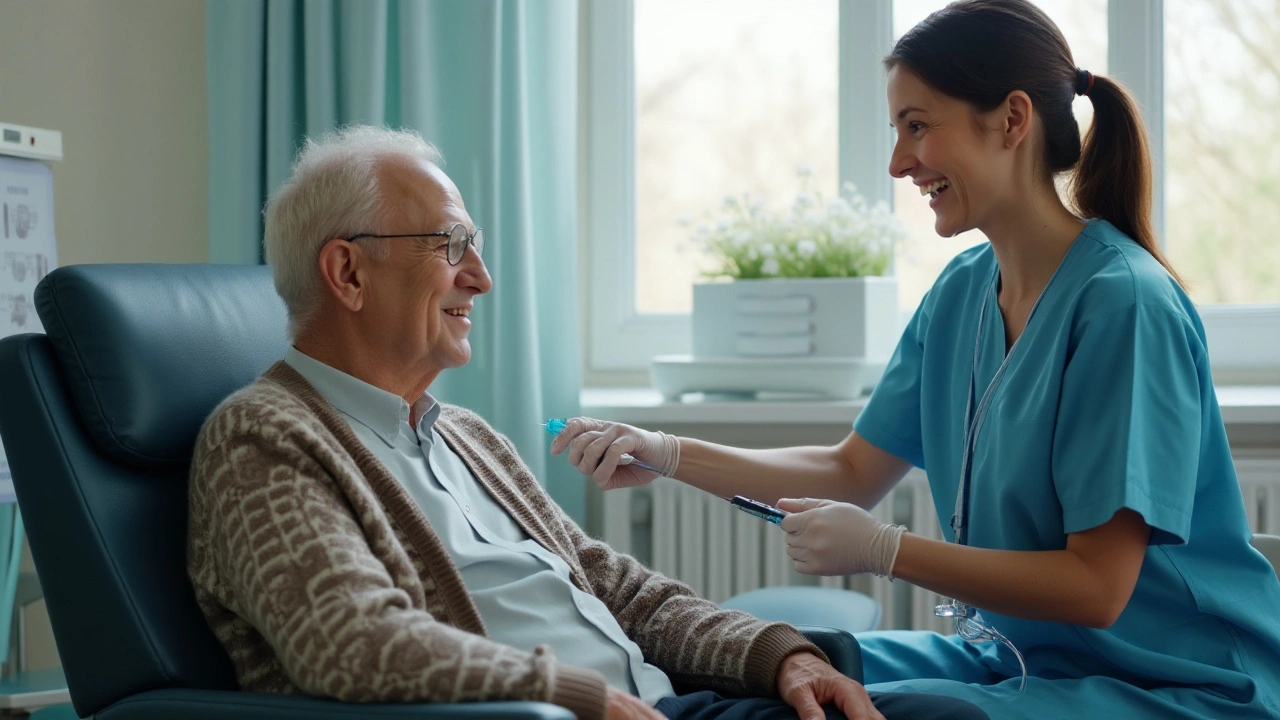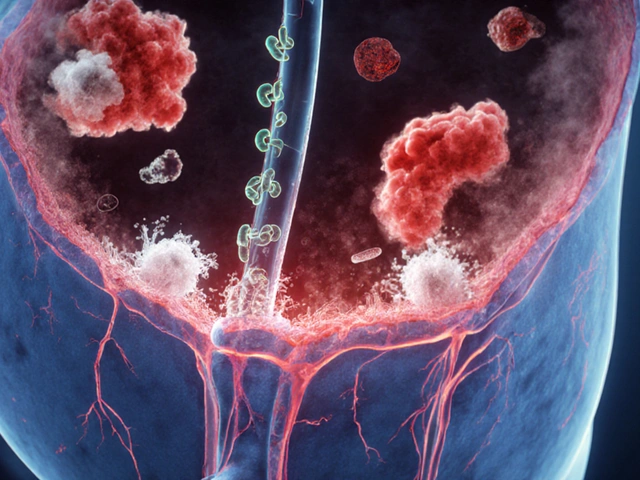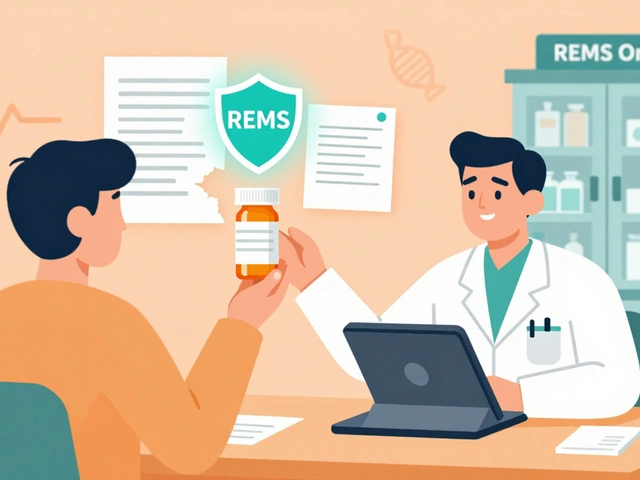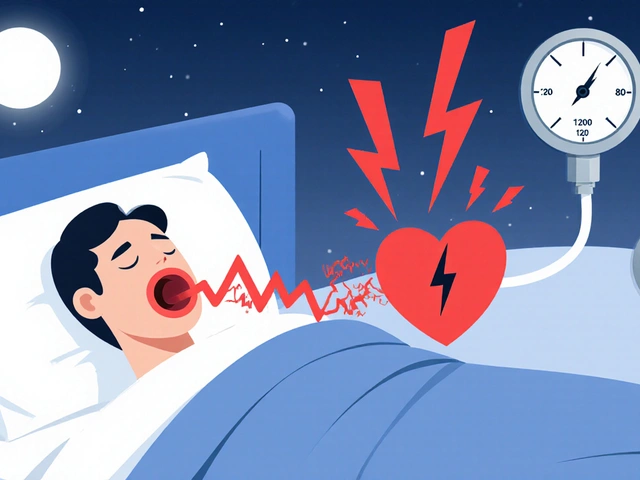Melphalan — what it is and why doctors use it
Melphalan is a chemotherapy drug used to treat certain cancers. It works by damaging cancer cell DNA, which stops cells from dividing. You’ll most often see melphalan for multiple myeloma, ovarian cancer, and sometimes melanoma. It’s also used at high doses to prepare people for a stem cell transplant.
How melphalan is given and typical dosing
Melphalan comes as an oral tablet (often called Alkeran) and as an IV injection. Doses vary a lot depending on the disease, body size, and whether it’s part of a transplant plan. Low-dose oral regimens might be daily or every few weeks. High-dose melphalan for transplant is usually a single large IV dose under close hospital care. Your oncologist will calculate the exact amount and explain the schedule.
Important: dose adjustments are common if you have poor kidney function or low blood counts. Never change dose or stop treatment without talking to your care team.
Key side effects and what to watch for
The most common and serious effect is bone marrow suppression. That means fewer red cells, white cells, and platelets. You may feel very tired, bruise or bleed easily, or be more likely to get infections. Regular blood tests are required during and after treatment.
Other common issues include nausea, vomiting, mouth sores (mucositis), hair loss, and low appetite. Melphalan can harm fertility — both men and women should discuss egg or sperm banking before treatment if they want children later. There’s also a small long-term risk of developing another blood cancer later on.
If you get fever, heavy bleeding, sudden shortness of breath, or severe mouth pain, contact your medical team right away. Those can be signs of dangerous complications.
Monitoring typically includes frequent CBCs (complete blood counts), kidney and liver tests, and infection checks. Your doctor may delay doses or give growth factors, transfusions, or antibiotics as needed.
Drug interactions matter. Combining melphalan with other drugs that suppress the bone marrow, strong live vaccines, or radiation therapy increases risks. Always tell your doctor about every medicine, herb, or supplement you’re taking.
Buying melphalan: this drug is prescription-only. Never try to get chemotherapy from an uncertified online seller. If you are ordering medicines online, verify the pharmacy’s license, look for a physical address and pharmacist contact, and avoid sites that don’t require a prescription. Your treatment should be coordinated by a certified oncology clinic — they handle dosing, safe delivery, and toxic side effect management.
Want practical next steps? Ask your oncologist for a written plan: purpose of melphalan in your treatment, expected schedule, lab monitoring times, and a list of emergency signs. Keep a direct contact number for your care team and bring a medication list to every visit.
If you have specific questions about melphalan and your situation, tell your doctor — they can tailor advice to your health and treatment goals.

Safety and Benefits of Melphalan for Elderly Patients: A Thorough Examination
This article explores the safety and effectiveness of Melphalan in elderly patients. Covering its uses, potential side effects, and practical tips for administration, the article aims to provide a clear understanding of Melphalan. Discover interesting facts about how this treatment works and its impact on the elderly population.
View More




